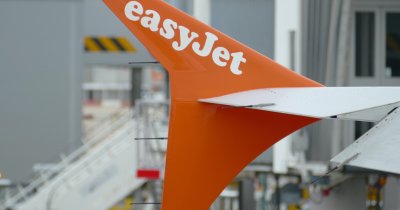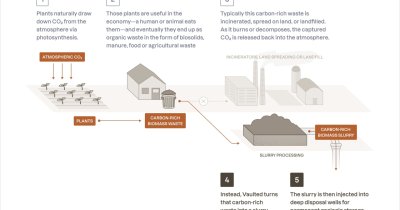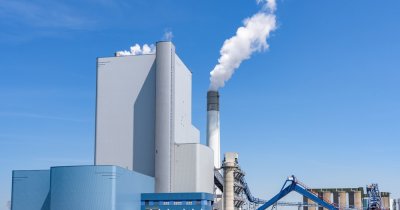According to Euronews.green, waste water coming from the showers, laundry and bathroom sinks of an apartment complex in San Francisco was used to create this highly unusual kind of beer.
Experts explain that the water going down our drain, except that from the toilet, is called grey water, due to the fact that it comes into contact with things like chemicals and dirt, but not feces, meaning that it can be processed into drinking water.
Aaron Tartakovsky, CEO of Epic Cleantec, the startup that helped the brewery in the process, said that " I think a lot of people think that recycled water is of lesser quality than tap water."
Epic Cleantec is one startup that uses on-site devices that capture and process drain water, making it safe for consumption or re-usage, lowering water demand and the bills, by as much as 95%.
Chris Garrett, owner of the brewery, said that "when Aaron reached out to us at first, we were a little set aside and we were like ‘well what are people going to think? And then the more we thought about it, it made a whole lot of sense. We have to make a change today. We're running out of water and we need to find a way to incorporate that into every day and things like beer."
In order to make 3.7 liters of beer, we need about 26.5 liters of water, which is why finding alternatives is essential in a water-scarce world.
Using a grey-water collecting and treatment system in a 40-story building, both companies are able to save and reuse around 28.400 liters of water per day, which is not a small amount and with the proper treatment, we would at least be able to reuse that water to wash our clothes and dishes, if not consume it ourselves.
And the public started to become aware after the initial results, so this could soon start to become a trend in more places.
"When I first entered the industry, a lot of people said that the public is just not ready for recycled water, that public perception is too difficult for people to overcome. I think what our beer project has shown people is that the public is a lot more ready for recycled water than we give them credit for", Aaron explained.
 Mihai - Cristian Ioniță
Mihai - Cristian Ioniță












Any thoughts?